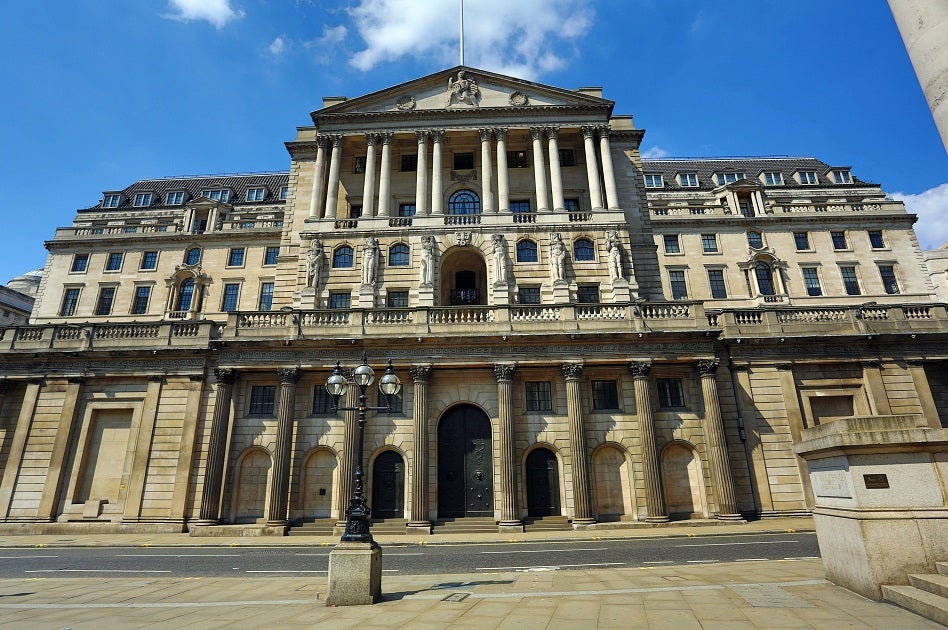The Independent's journalism is supported by our readers. When you purchase through links on our site, we may earn commission.
Bank of England to monitor Twitter and Facebook to set interest rates
New task force will look to "informal" data channels as Bank of England looks to modernise

Your support helps us to tell the story
From reproductive rights to climate change to Big Tech, The Independent is on the ground when the story is developing. Whether it's investigating the financials of Elon Musk's pro-Trump PAC or producing our latest documentary, 'The A Word', which shines a light on the American women fighting for reproductive rights, we know how important it is to parse out the facts from the messaging.
At such a critical moment in US history, we need reporters on the ground. Your donation allows us to keep sending journalists to speak to both sides of the story.
The Independent is trusted by Americans across the entire political spectrum. And unlike many other quality news outlets, we choose not to lock Americans out of our reporting and analysis with paywalls. We believe quality journalism should be available to everyone, paid for by those who can afford it.
Your support makes all the difference.The Bank of England could use social networks such as Twitter and Facebook to help set its interest rates.
A new task force will investigate how unconventional sources of data such as web searches and social media activity could improve ways in which the Bank detects the nation’s economic health.
In an interview with Sky News, the Bank's chief economist Andy Haldane explained that previously untapped “informal” sources of data could be key to modernising the official streams of information currently used, introducing more timely data to the current system.
"Official statistics tend to be lagging and tend to be revised," he said. "And what this scraping of the web can do is give us a better today read on what's going on."
Examples of the sort of activity the new task force is looking to monitor include analysis of the frequency of job searches on Google to give insights into unemployment, and close monitoring of online shopping prices to help set inflation rates.
"We have a new advanced analytics team who are constructing little models, algorithms and methods for extracting this data", said Haldane, who revealed that the use of a “bid data” database on mortgages was influential in the Bank’s decision to impose new constraints on the housing market earlier this year. "This is quite a big strategic change for the bank. This is going to be quite a big shift from the past."
Join our commenting forum
Join thought-provoking conversations, follow other Independent readers and see their replies
Comments